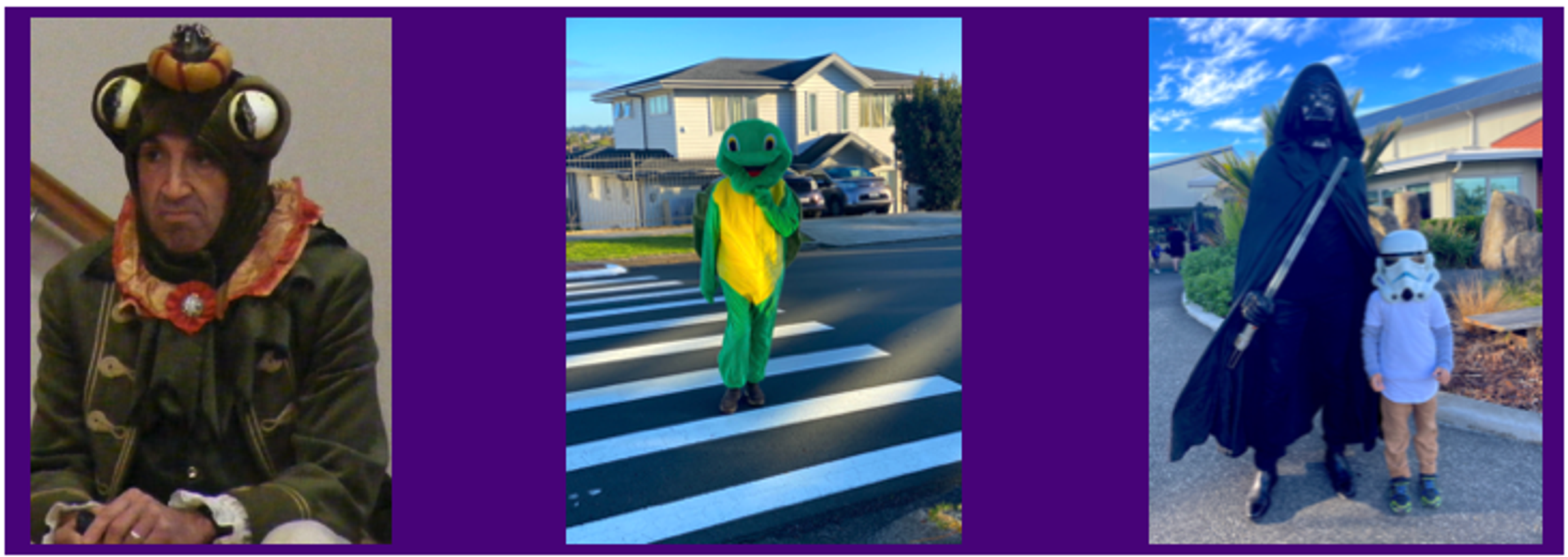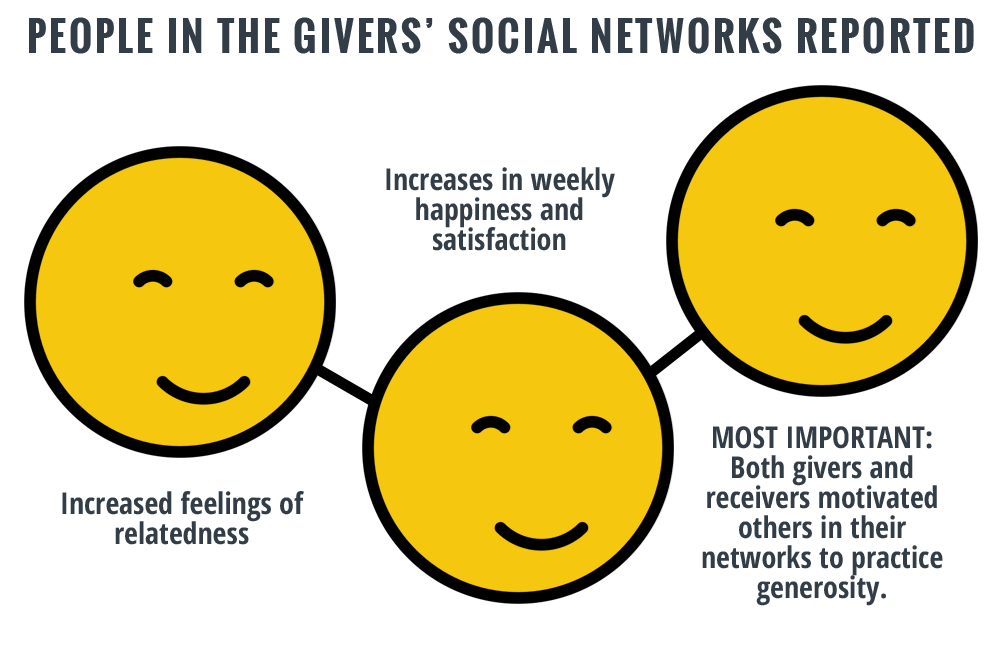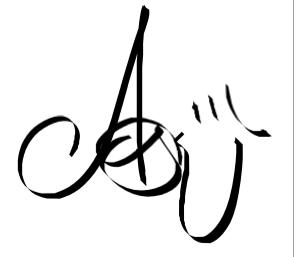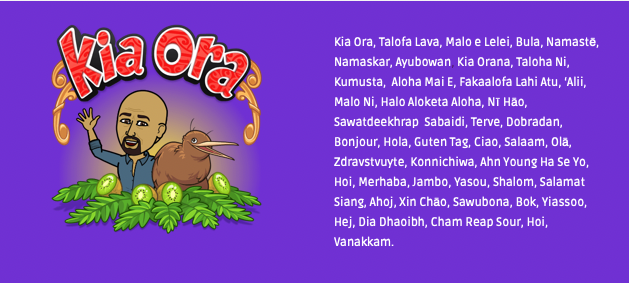Principal's Page

Choose Kindness:
This newsletter is not the place to talk about politics, and this article is not about politics, but it was inspired by a comment a politician made.
It comes from a comment recently made by Christopher Luxon that got me thinking, and disagreeing, with him.
He said New Zealanders don't have to be reminded to be kind. I disagree. I think we all do.
The world of social media makes it so easy to be unkind and to do so on a bigger and broader stage than ever was possible before.
When we are stressed, tired, unwell, or just overloaded, it is a real challenge to remain kind. It takes an effort.
Over thousands of years, we evolved - developed - to conserve energy. For so much of our human history, getting enough sustenance to survive was a big challenge. The energy you took in was therefore not to be wasted. It is why we look for the easy way as our default approach.
A University of College London study published in 29017 discovered something we knew but denied: we’re lazy.
Of course, this isn’t unique to humans. Everything takes the path of least resistance:
water, electricity, and Google maps.
Wolves evolved into domesticated dogs because it was easier to scavenge on human trash than track down prey.
Here’s how eLife, where this study was published, puts it:
Imagine you are in an orchard, trying to decide which of the many apples to pick. On what do you base your decision? Most research into this type of decision-making has focused on how the brain uses visual information – about features such as colour, size and shape – to make a choice. But what about the effort required to obtain the apple? Does an apple at the top of the tree look more or less tempting than the low-hanging fruit?
The answer, this study suggests, is that the low-hanging fruit will probably look more appealing to you. "Our brain tricks us into believing the low-hanging fruit really is the ripest," said the lead researcher, Dr Nobuhiro Hagura.
The lesson for me is that our brain naturally seeks the easy way, but often the easy way is not the right way or the best way.
It takes extra effort to pick up the piece of rubbish as we walk down the street. It takes extra effort to stop and acknowledge the person sitting on the side of the street hoping for a donation - and even just saying a few words means a lot, as I have often been told.
It takes an extra effort to be kind - whether it's saying or doing something, it's an extra.
So, since we are wired for the easy way, and kindness takes extra effort, we do need to be reminded.
Our school focuses a lot on kindness. We expect kindness to be the default setting for every adult, every time, at Western Heights. We are working on that as the standard for our children too. Obviously, this takes time and practice. But also obviously, over time, it can become our default.
At Western Heights, we use tools such as Bucket Filling and Pay It Forward to build and reinforce the kindness message. And for good reason.
Researchers at the University of California Riverside, led by then-Ph.D. candidate Joseph Chancellor looked at whether the Pay-It-Forward effect actually exists and how much difference, if any, it makes in people’s actual lives.
In Chancellor’s study, people in a workplace were separated into three groups:
Givers, Receivers and Controls.
The Givers were randomly assigned kind tasks to do for receivers, unbeknownst to the Receivers. Controls were simply people in the workplace who were neither Givers nor Receivers to provide a baseline for comparison. This is what they found:
'The Pay-It-Forward effect is very real, and it has lasting benefits.' Kindness makes life better for others but also for us - including enhancing our mental wellbeing.
I really appreciate our Western Heights community. I see so many acts of kindness from our parents and extended whānau and from our staff that it really gives me hope.
What we do matters, even the little things. Kindness begets kindness - even little things. You don’t have to be able to move a mountain to make a difference. Kindness snowballs. Just get the ball rolling and watch it get bigger as it moves along.
PS:
There's a bit more on this on the Thought For The Week page in this newsletter.
As always - if you have questions or concerns about anything school-related - email me at macash@mac.com, and I will get back to you asap.
Take care all - tofa soifua.
Ash Maindonald
Principal.



